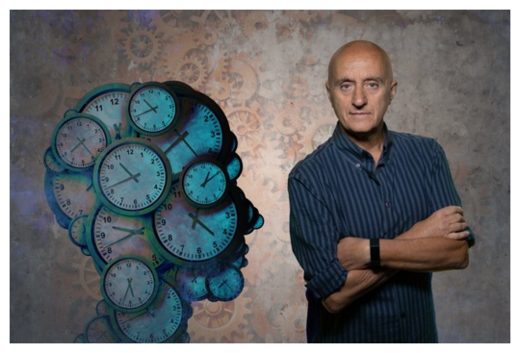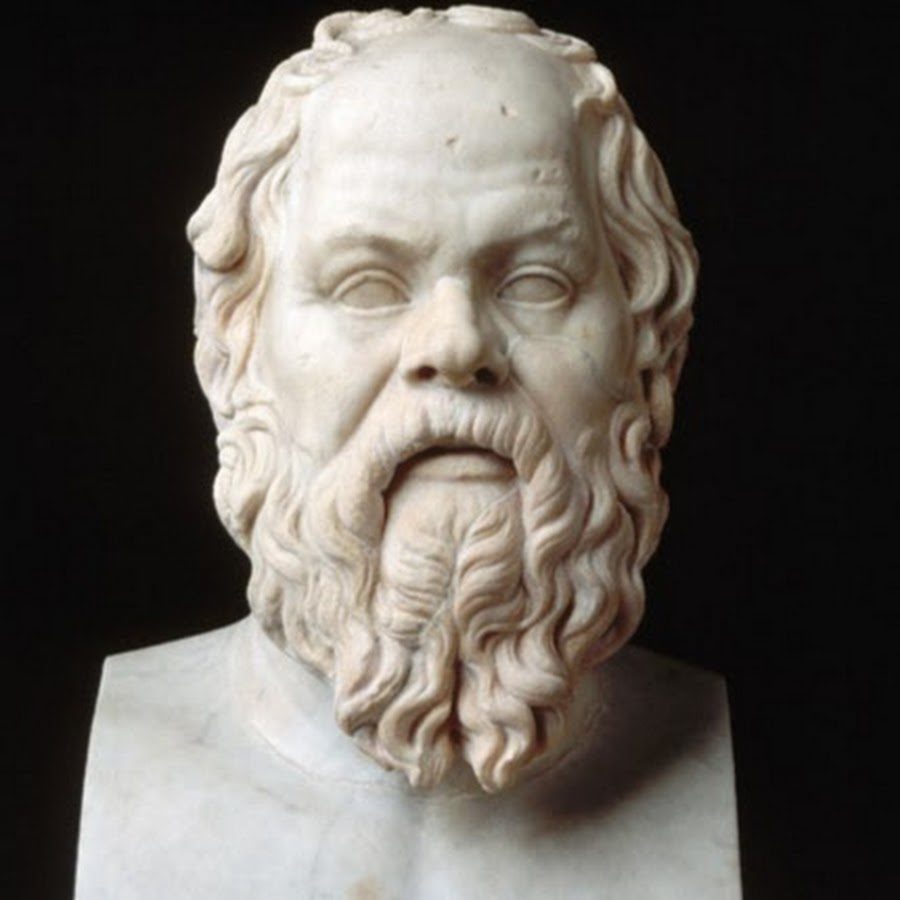OF THE
TIMES
And what's fascinating is that modern scientific research agrees with a surprising amount of what these guys were talking about 2000 years ago.That's why the philosophers warn us not to be satisfied with mere learning, but to add practice and then training. For as time passes we forget what we learned and end up doing the opposite, and hold opinions the opposite of what we should. - Epictetus, Discourses, 2.9.13-14

Although the literal definition of "atheist" is "a person who believes that God does not exist," according to the Merriam-Webster dictionary, 8% of those who call themselves atheists also say they believe in God or a universal spirit. Indeed, 2% say they are "absolutely certain" about the existence of God or a universal spirit. Alternatively, there are many people who fit the dictionary definition of "atheist" but do not call themselves atheists. About three times as many Americans say they do not believe in God or a universal spirit (9%) as say they are atheists (3%).See also:

"What we must beware of," he said, "is becoming 'misologists', hating arguments in the way 'misanthropists' hate their fellow men.He goes on to argue that a hatred of people, and a hatred of reason, arise much the same way.
Misanthropy creeps in as a result of placing too much trust in someone without having the knowledge required: we suppose the person to be completely genuine, sound and trustworth, only to find a bit later that he's bad an untrustworthy, and then it happens again with someone else; when we've experienced the same thing many times over, and especially when it's with those we'd have supposed our nearest and dearest, we get fed up with making so many mistakes and so end up hating everyone and supposing no one to be sound in any respect.
Comment: Could it be that because listening to particular kinds of music already engages creativity, memory recall, visualization and so on, attempting to do more than just listening to the music is akin to multi-tasking?